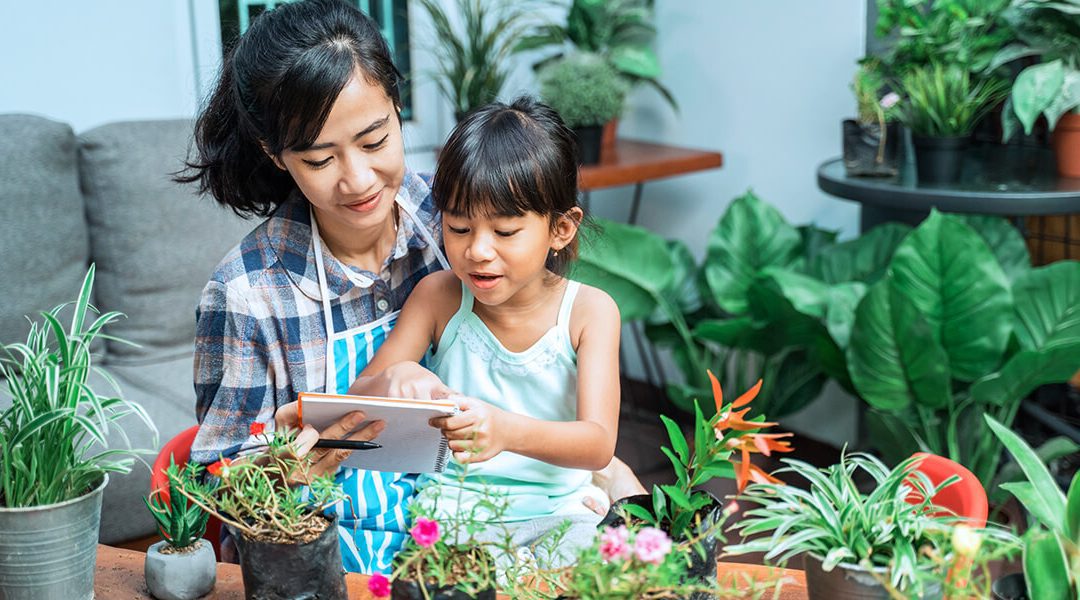Caring for a garden can be a very satisfying endeavor. It also requires a bit of beginner’s knowledge (and sometimes, a bit of luck). Let us teach you how to take care of your garden plants, showing you how to nurture a healthy garden, and avoid the frustration of watching your precious plants wither and die–as you try to figure out why. Here are the fundamentals of how to care for your garden plants:
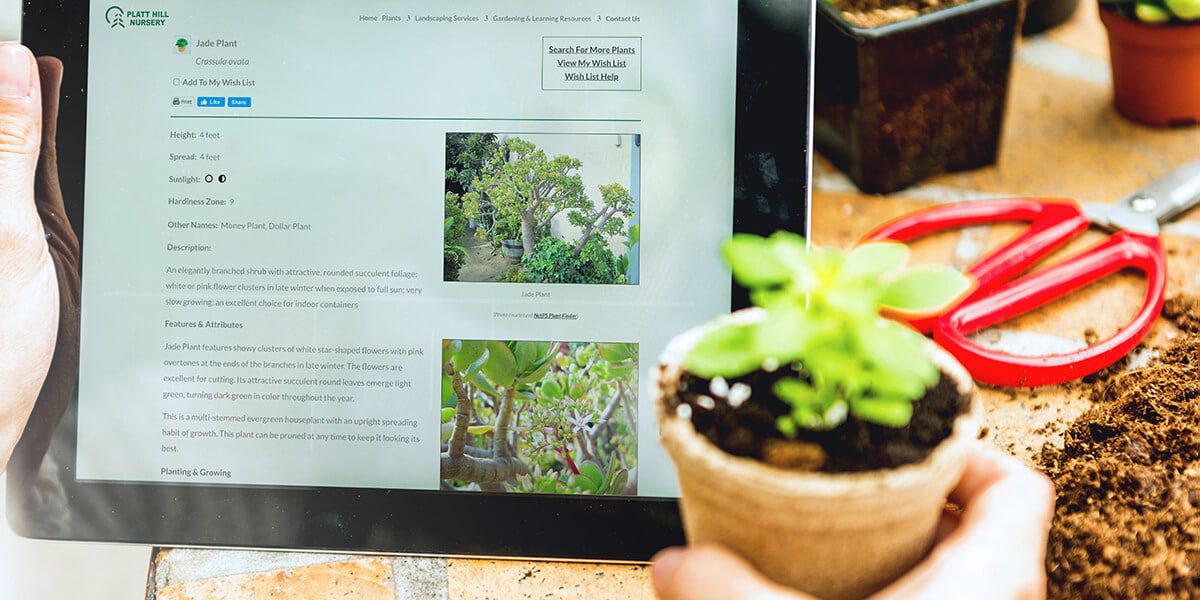
1) Introduce Yourself to the Plants in Your Garden
It may sound silly, but you have to become acquainted with your plants. All plants are unique; it’s best to learn how to care for them as “individuals,” meeting all their specific needs. You’re not a botanist, so how can you possibly know what’s in your garden, especially if you didn’t plant it yourself? Luckily, there are numerous free phone apps that keep it simple. Within the app, simply click a picture of your plant specimen and voila! Information pops up with the plant’s name, its sun requirements, and other tips and tricks on how to care for your unique garden plants.
If you did plant your garden yourself–congratulations! You are one step closer to knowing your plants on a first-name basis. It’s best to keep the nursery plant tags that come with each individual plant. These tags contain all the basic care information; consider storing them in a garden journal for future reference. Don’t forget our nursery professionals can always help identify your garden plants and teach you how to care for them, so come see us!
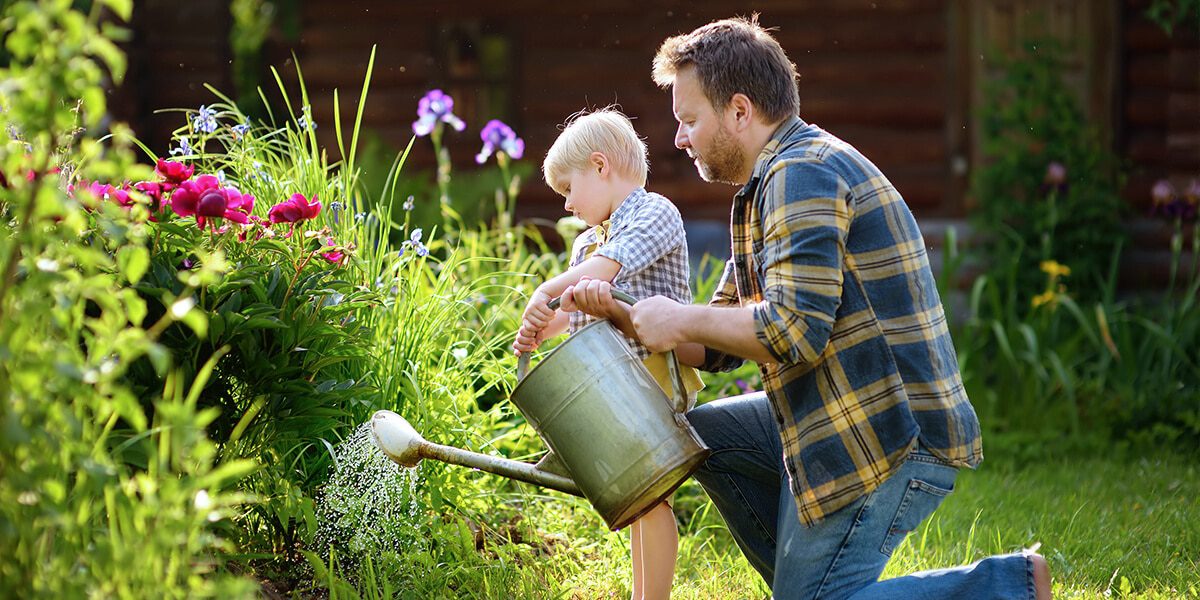
2) Get to Know How Much They Like to Be Watered
Now that you know your garden plants by name, proper watering is the next step in learning how to care for your landscape. Obviously, all plants need water to survive, but some are like Goldilocks and the Three Bears; the amount needs to be “just right.”
All plants are unique; it’s best to learn how to care for them as “individuals,” meeting all their specific needs.
Now that Step A is complete, we know our plants by name, making it easy to learn more. For instance, if you have a fern, then a quick search tells you they love water. When it comes to watering, many plants can become fussy and begin to wither when they receive too much or too little water. As you learn your plant’s needs and build a watering schedule that suits them, you may also want to group them in the garden based on those needs, keeping things a bit more simplified.
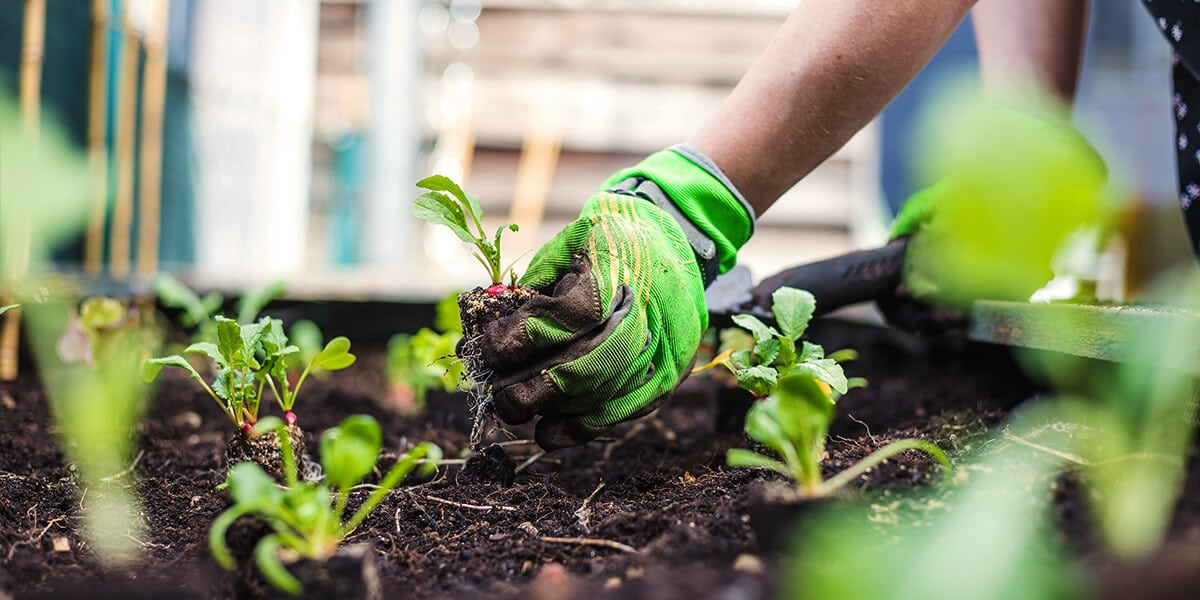
3) Learn How Much Sunlight They Prefer
All living things require sunlight. Plants use the energy in sunlight to produce nutrients, allowing them to grow, photosynthesize (the scientific term for turning light into energy), and reproduce. Just as we have already learned above, each plant is unique. Therefore, each plant requires different amounts of sunshine.
If a plant gets too much sunlight for its liking, it begins to get stressed and can dry out, gets sunscald (a sunburn), and eventually dies. It doesn’t need to be complicated, though. You can easily learn how to care for your garden and their sun requirements by simply keeping a watchful eye. Does a certain plant in your landscape always look like it’s drooping after a long, hot day? Then, perhaps it’s located in an area with too much sun. Are there brown spots on the leaves? Again, possibly sunscald, meaning too much sun exposure. It all depends on the individual plant. Knowing your plants and the sun conditions they prefer to live under is an important yet easy tool to keep your garden thriving.
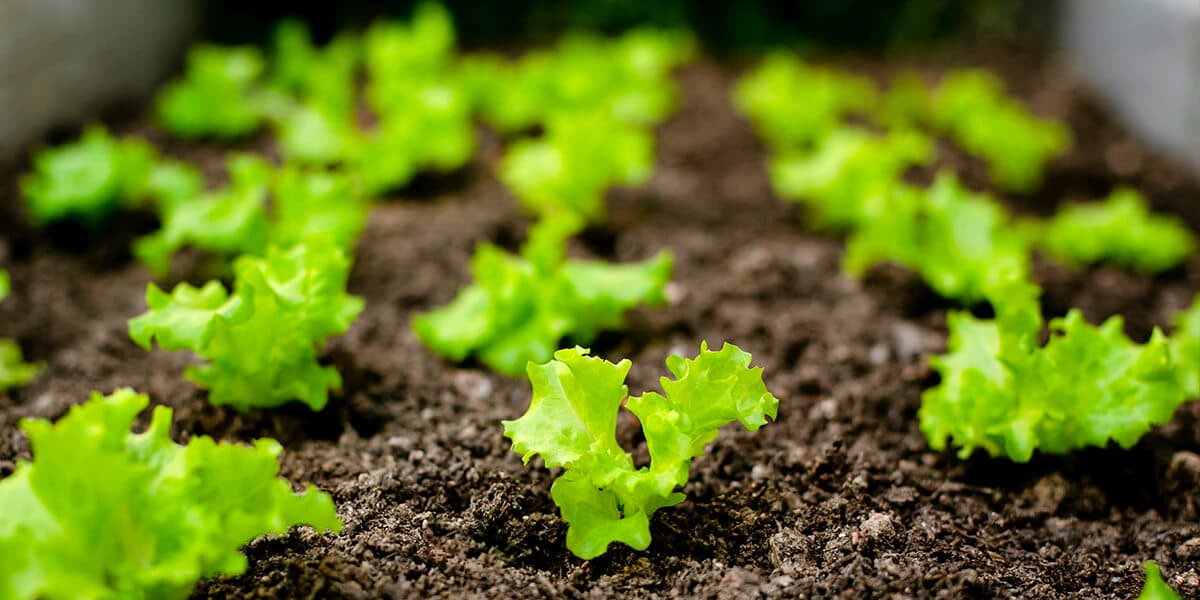
4) Make Sure Your Plants are Living in Healthy Soil
Soil is not just brown dirt; it’s a host of living organisms. So much is happening within your garden’s soil, and healthy soil equals happy plants—it’s essentially the lifeblood of your yard. When learning how to care for garden plants, it’s important to also learn how to keep your soil healthy. To keep it simple, here are the basics of garden soil preparation:
- Add organic matter such as compost
- Mulch to add a protective, organic layer to your garden
- Fertilize to add vital nutrients and minerals that may be missing
- Aerate to loosen compacted soil
Come visit our nursery specialists for further guidance through these easy soil steps.
Nurturing a healthy garden doesn’t have to be complicated. Become acquainted with the plants in your landscape, learn their individual needs to eliminate the guesswork, and avoid the frustration. Remembering these basic steps ensures a healthy start to a lifetime of nurturing your garden plants.
Platt Hill Nursery is Chicago’s premier garden center and nursery.

